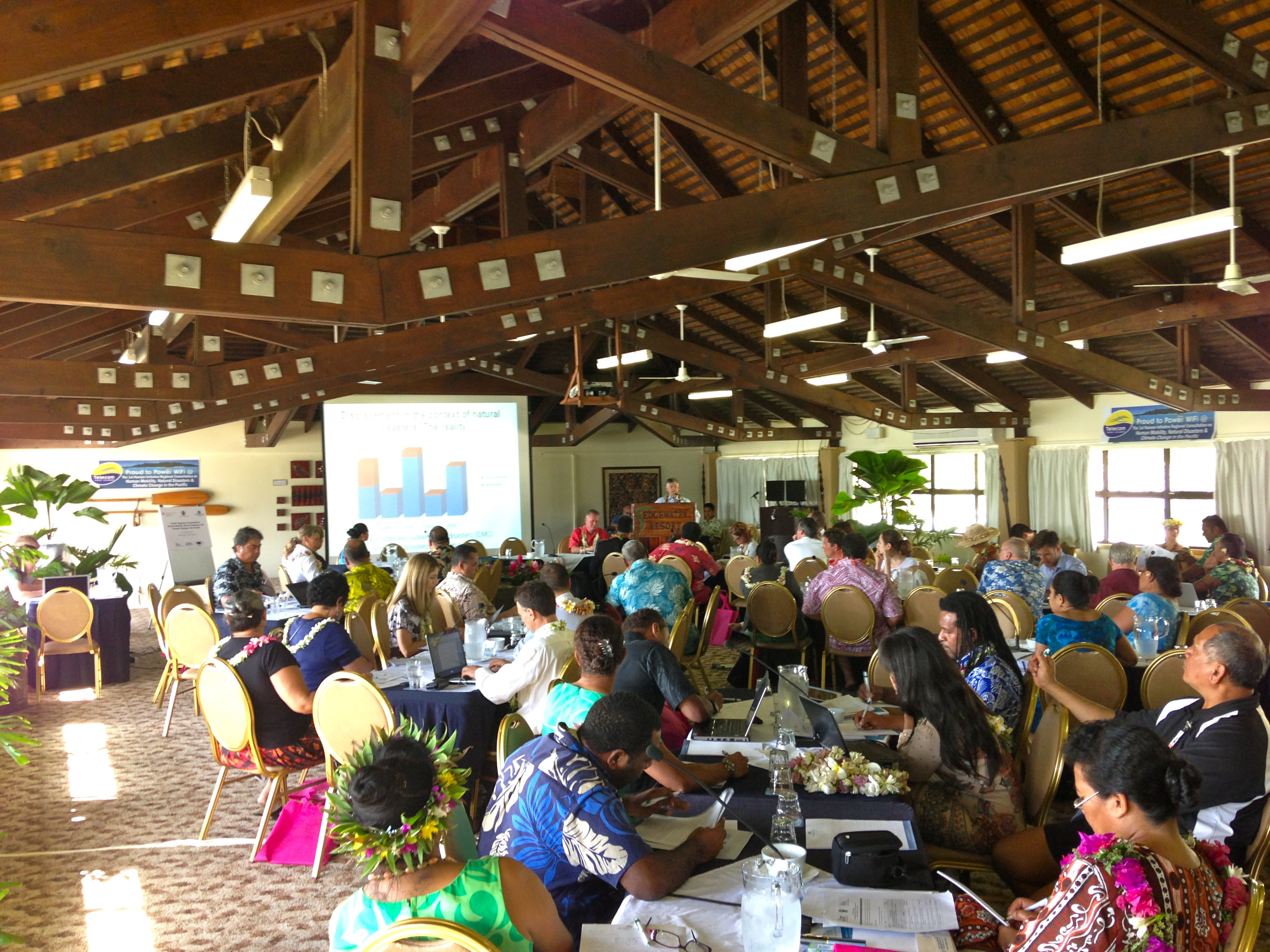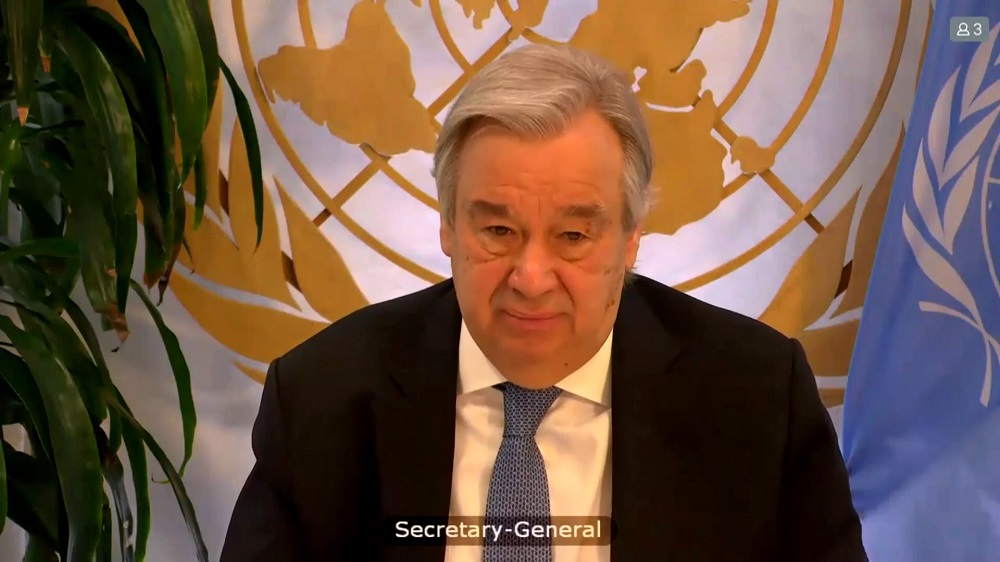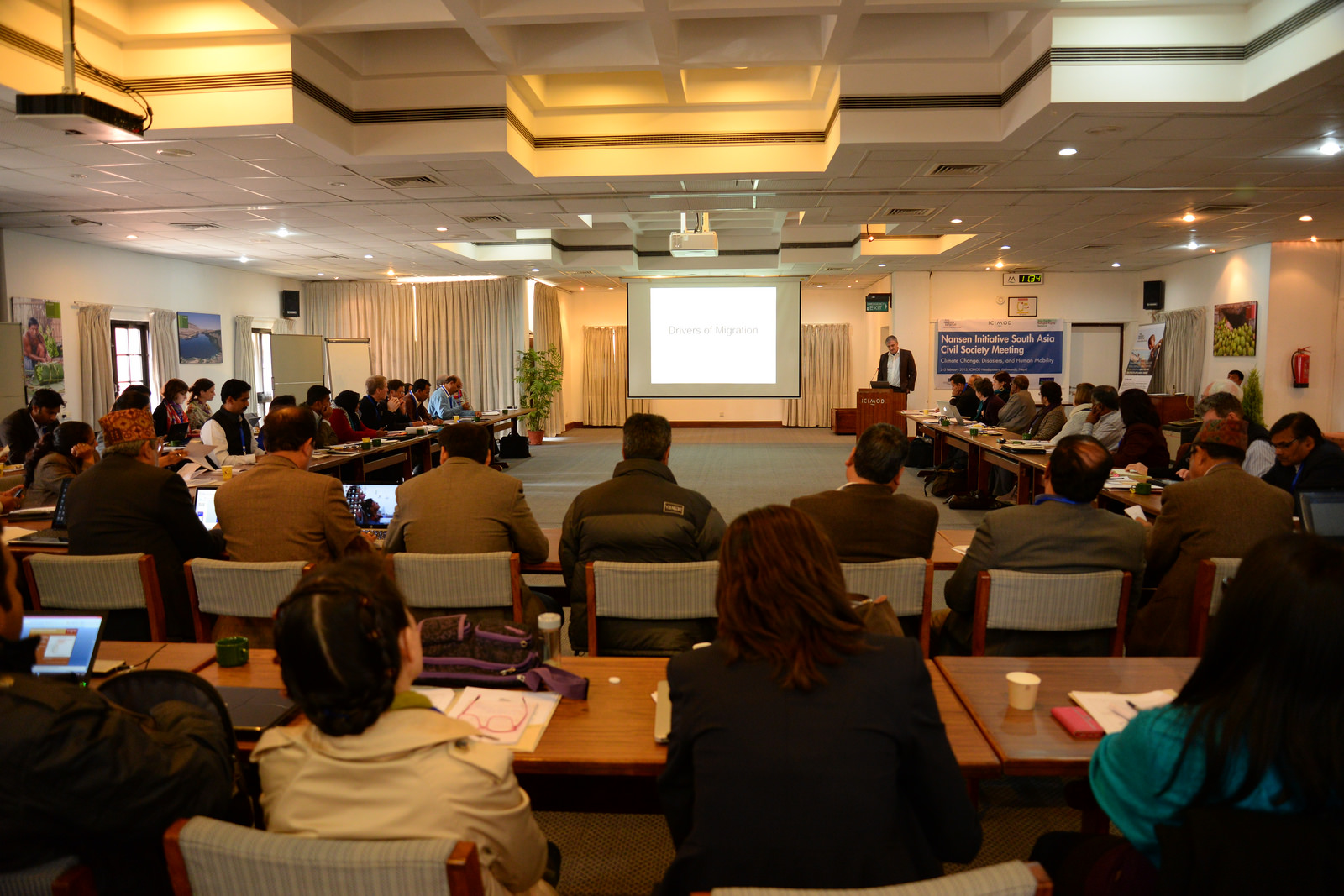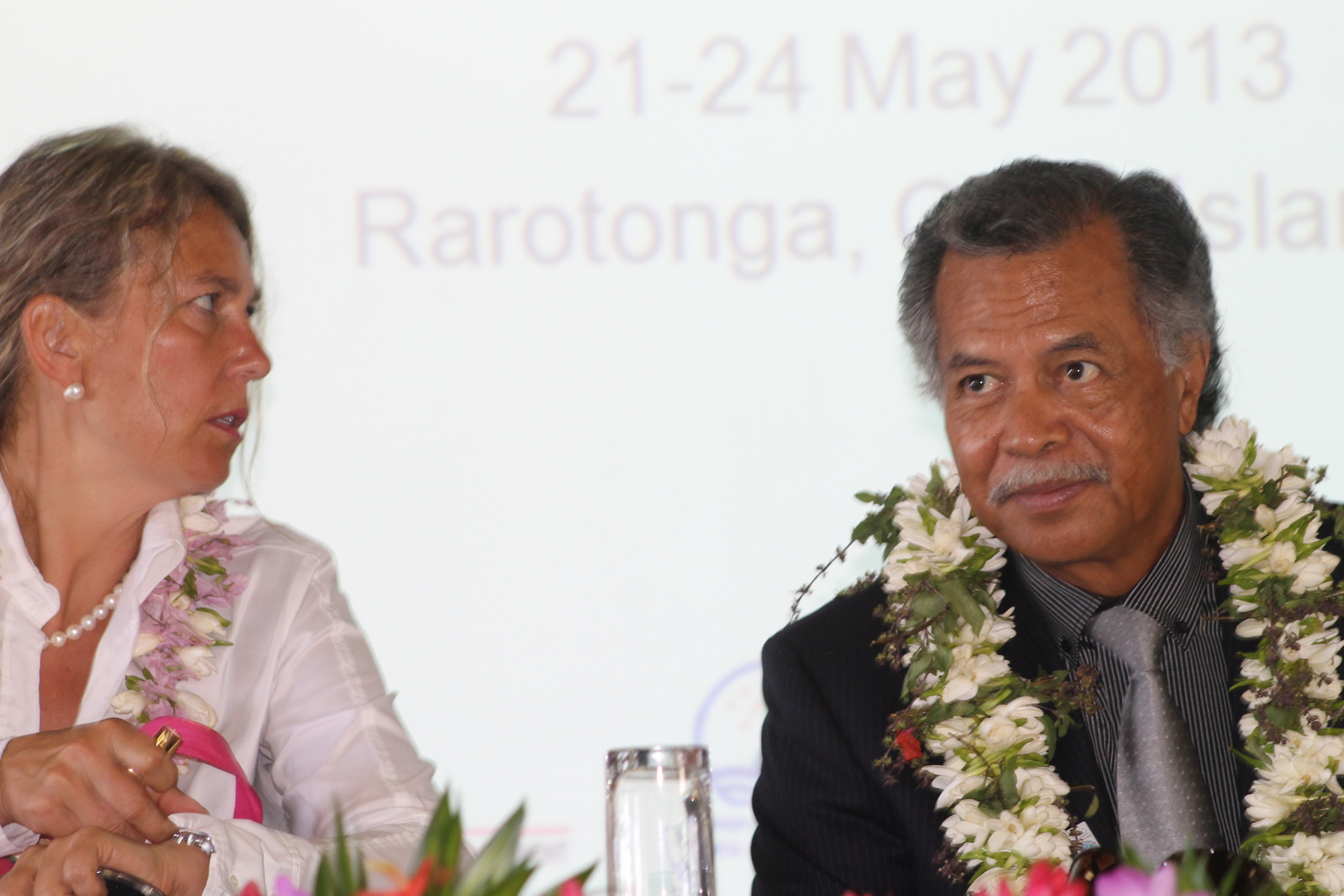23 February 2021 – Secretary-General’s remarks to the Security Council – on addressing climate-related security…

Nansen Initiative Pacific Regional Consultation – Chair’s Summary
Nansen Initiative Pacific Regional Consultation Chair’s Summary Over the past two days, we have had some very rich discussions around the issues related to human mobility, disasters and both the immediate and slow on-set impacts of climate change. Our discussions have reiterated the fact that any movement of population as a result of disasters and climate change is the last resort. Our people want to remain and live meaningful lives on their islands. We must continue to push for mitigation and adaptation measures to allow our people to live in our islands. However, as pointed by representatives from Kiribati and Tuvalu, we cannot ignore the fact that the movement of people needs to be discussed and bought out into the open from the shadows of disaster risk reduction and climate change debate. Failing to do so will be like burying our heads in the sand. The movement of people in our region is not a new phenomenon. We heard of the experiences of people from Banaba in Kiribati and from Tuvalu being relocating to islands in Fiji; people in Vanuatu moved to other parts of the country. These experiences have shown that relocation is traumatic to say the least. There is a saying that blood and mud are mixed together to provide identity – this highlights the deep connection that our Pacific people have with their land. Our discussions have emphasised that forced migration is not an option. Movement and relocation must happen with dignity and people involved in the process both the movers and the host communities must have the capacity to deal with the changes that come with the process. Building this capacity whether through consultation, education, awareness, training, skills enhancement is essential. Issues around the movement of people require a consultative, participatory and bottom up approach. Where the movement is relocation to another country, there are several issues which arise. Issues around citizenship, rights, protection, and so forth. There is obviously the issue of costs. Calculating these costs is complex. Can you put a dollar figure on birthright, nationhood, sense of belonging, loss of traditions and traditional systems, and emotions? The complexities around mobility coupled with those related to climate change obviously means that there needs to be more thought, dialogue, data, evidence to inform policy decisions around the issues. We are pleased that we have started thinking about mobility as a result of disasters and climate change, started meaningful dialogue, identified critical needs and challenges and potential ways to address these needs and challenges. Excellencies, Hon. Ministers, our discussions are summarised in the report which we wish to present to you this morning. Excellencies, Hon. Minister’s for too long the issue of mobility as a result of disasters and climate change has remained in the too hard basket, and in the last two days we feel that we have taken the issue out of the too hard basket and as a result have a viable platform on which to spring from and build momentum. We are appreciative to the Nansen Initiative for enabling this to happen and for experts that have assisted in this consultation. I am certain that these discussions have provided valuable input and food for thought into the Nansen Initiative process. It is our hope as participants in this consultation that you as our elected representatives will progress on what has been accomplished in these past few days.




